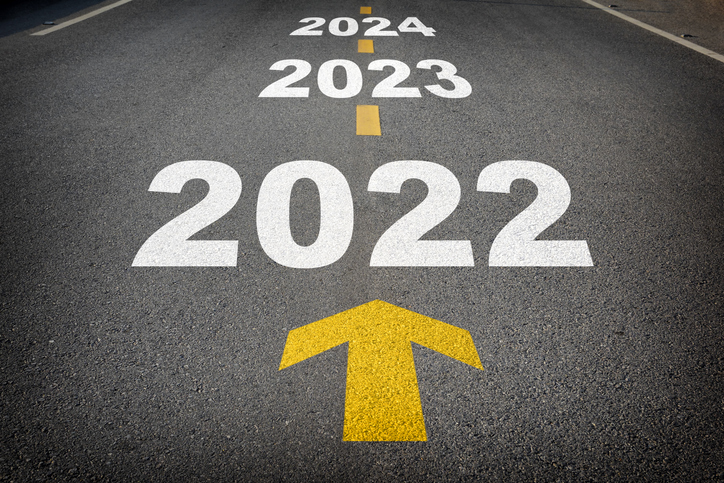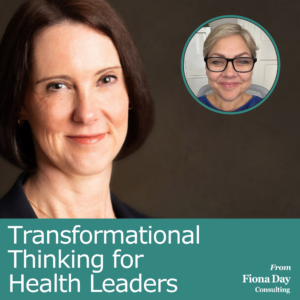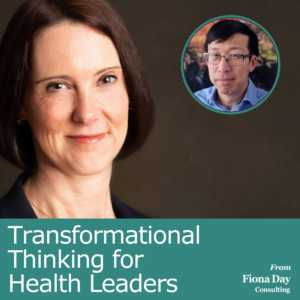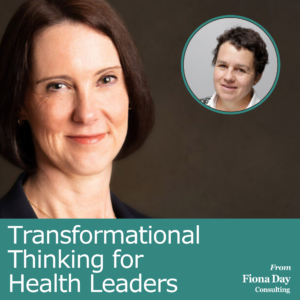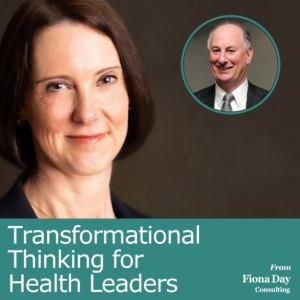I’ve always been a horizon scanner – it’s one of the reasons I spent the first half of my career in public health – and in the last decade the question of ‘what does work look like in the future’ has dominated my thinking. Whilst there are many unknowns and unknowables, there are also many emerging trends which are actively shaping the future of work: indeed the future of work is already here and our lives and careers are already adapting to it!
There are three main changes to consider. While at first glance they may not seem directly relevant to the professional lives and careers of doctors and public health leaders, they are all likely to change all of our lives, careers, and retirements within the next decade. Some of these changes are more UK focused than others, and others will depend on the extent to which mitigating factors are put in place at government or global levels.
The workforce
The first main change is to the workforce itself. Due to financial reasons, longevity, and the desire to stay engaged, the age of retirement is likely to increase, this also means an aging workforce. Expect to see an exodus of talent to (semi)retirement or self employment. There is likely to also be an increase of disability, illness & mental health needs in the working population, and hence the need for ‘reasonable adjustments’. The increase in inequalities is likely to continue (globally, north/south, urban/rural, education, ethnicity) with an associated rise in the ‘precariat’, people living on the edge even in affluent countries. Public transport is likely to decline in quality, affecting lower incomes, and there is likely to be an increased number of people working multiple jobs simultaneously to make ends meet (not as a portfolio career choice), as well as an increase in people working in portfolio careers. An increase in the female workforce and increased diversity and inclusion in the workplace will also be reflected at senior leadership levels.
Power relations will shift
Workers will increasingly expect their employers to meaningfully engage in green, social justice & governance agendas. Their tolerance of harassment & discrimination will reduce, and there will be a rise in the use of ‘trust tech’/ ‘speak up software’. Workers will demand more employee engagement and will expect that management will serve employees’ needs better, including an increased expectation of flexibility (hours, hybrid working). This is likely to change the power relations and hence how leaders behave.
The employer
We all know that automation is driving major changes to the type of work which will be available in the future. We have seen shifts over time from agriculture to manufacturing, and now increasingly to services and experiences. An estimated 40% of jobs may be lost due to automation and machine learning, and there will be new job creation in other fields such as digital, sustainability, health & care. Employers will expect their employees to actively engage in ongoing learning and the attainment of skills not degrees, and will recruit from wider geographies due to remote working (across the country or internationally). A focus on outputs and outcomes not inputs (eg working 9-5) will allow more flexibility yet may be accompanied by increased productivity surveillance technology.
What does this mean for medical and public health leaders and their careers?
Medical careers have, until the last decade or so, been well described and also quite conservative: doctors tend to follow well-trodden, established routes as they ascend in seniority. The increase in choices available to doctors now and in future years may be overwhelming and confusing, an ‘embarrassment of riches’. New roles in innovation and health technology are constantly emerging, new medical leadership roles are needed in all manner of different contexts. Expert medical leadership coaching and medical career coaching can help you to navigate your way skilfully through these possibilities.
Public health careers have generally been more fluid historically and are likely to remain so. However we have seen significant subspecialisation in public health in recent years and also a wide range of allied public health careers, such as pharmaceutical public health careers, disaster management, as well as emerging General Practitioner population health leadership in former public health specialist roles.
One thing is clear however, modern public health and medical careers are like ‘crazy paving’ – and you have to lay the paving yourself!
Dr Fiona Day is the world’s only Leadership Coach with advanced coaching psychology, medical and public health qualifications (MBChB, FFPH, BPS Chartered Psychologist in Coaching Psychology, EMCC Master Practitioner Coach & Mentor) and is in a unique position to help you and your teams to flourish. Fiona specialises in coaching medical and public health leaders, is a coach Supervisor, and an EQA Foundation Award Holder. Get 3 hours of FREE CPD with Fiona’s Health Career Success Programme here. Book a free confidential 30 minute Consultation with Fiona here.

